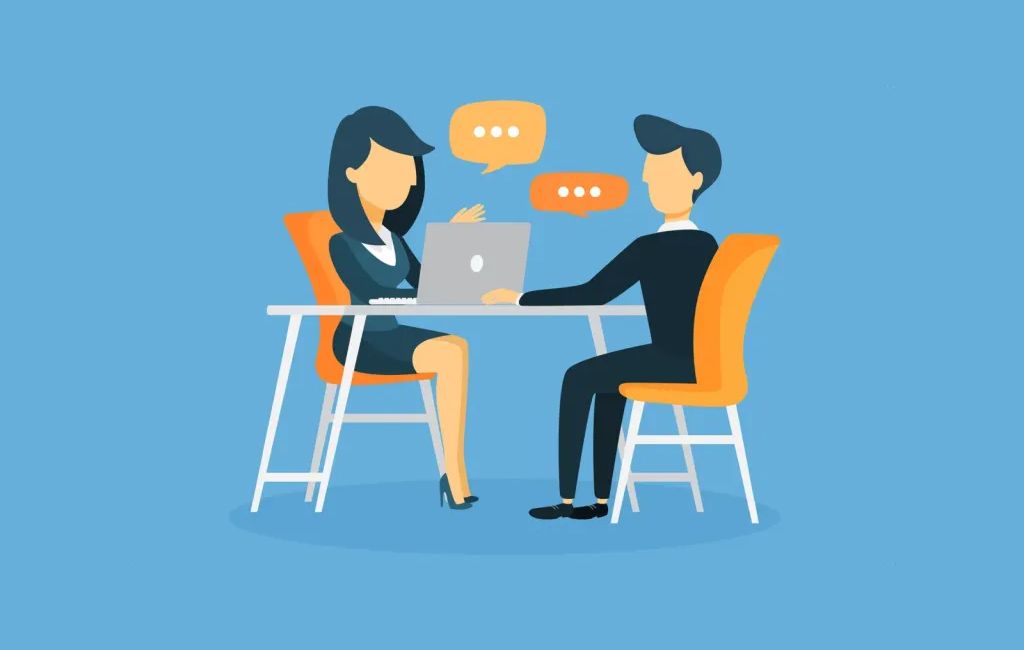June 03, 2024
Expert Interviews

Conducting expert interviews can be a valuable way to gather insights, knowledge, and expertise from individuals who are authorities in their respective fields. Whether you're a journalist, researcher, content creator, or simply seeking to learn more.
- Identify Your Purpose:
Clearly define the purpose of the expert interview. Are you seeking information, insights, quotes, or opinions on a specific topic? Understanding your goals will help you prepare relevant questions. - Choose the Right Expert:
Select an expert whose knowledge aligns with your research or content needs. This might involve reviewing their credentials, publications, or past interviews to ensure they are a credible source. - Request an Interview:
Contact the expert with a formal request for an interview. Be clear about your intentions, the topic, and the expected duration of the interview. Provide flexibility in scheduling. - Prepare Thoroughly:
Conduct thorough research on the topic and the expert before the interview. This ensures you're well-informed and can ask informed and relevant questions. - Create a Structured Outline:
Develop a structured interview outline or list of questions in advance. Start with broad, open-ended questions and gradually move to more specific ones. - Choose the Right Format:
Decide on the format of the interview. Will it be conducted in person, over the phone, via video call, or through email? Choose the format that best suits your goals and the expert's availability. - Conduct the Interview:
Begin the interview by introducing yourself and the purpose of the interview. Make the expert feel comfortable and valued. Ask your questions in a logical order, and actively listen to their responses. - Follow Up:
If necessary, ask follow-up questions for clarification or to delve deeper into certain topics. Be flexible and adapt to the flow of the conversation. - Record or Transcribe: If the expert grants permission, record the interview (audio or video) or take detailed notes. Alternatively, consider transcribing the interview afterward for reference.
- Respect Time Constraints:
Be mindful of the expert's time. Stick to the agreed-upon duration for the interview. If you need more time, request it in advance. - Seek Permission for Quotes:
If you intend to use the expert's quotes or insights in publications, seek their permission to do so. Respect their preferences for attribution. - Send a Thank-You Note:
After the interview, send a thank-you note or email to express your gratitude for their time and expertise. This helps maintain a positive relationship. - Verify Information:
Verify any factual information provided by the expert, especially if you plan to use it in publications. Ensure accuracy and reliability. - Organize and Analyze:
Organize your interview notes, recordings, or transcriptions. Analyze the information gathered and identify key takeaways or insights. - Attribute and Cite:
When using the expert's insights or quotes in your work, provide appropriate attribution and citation. This maintains credibility and acknowledges their contribution. - Stay in Touch:
Building professional relationships with experts can be beneficial for future research or content creation. Stay in touch and consider collaborating on future projects. - Continue Learning:
Use the insights gained from expert interviews to deepen your own knowledge and expertise in the subject matter. Continuously seek opportunities to learn and grow.
Remember that conducting expert interviews requires respect, professionalism, and ethical considerations. Building a reputation for conducting thoughtful and informative interviews can lead to more opportunities to engage with experts in the future.